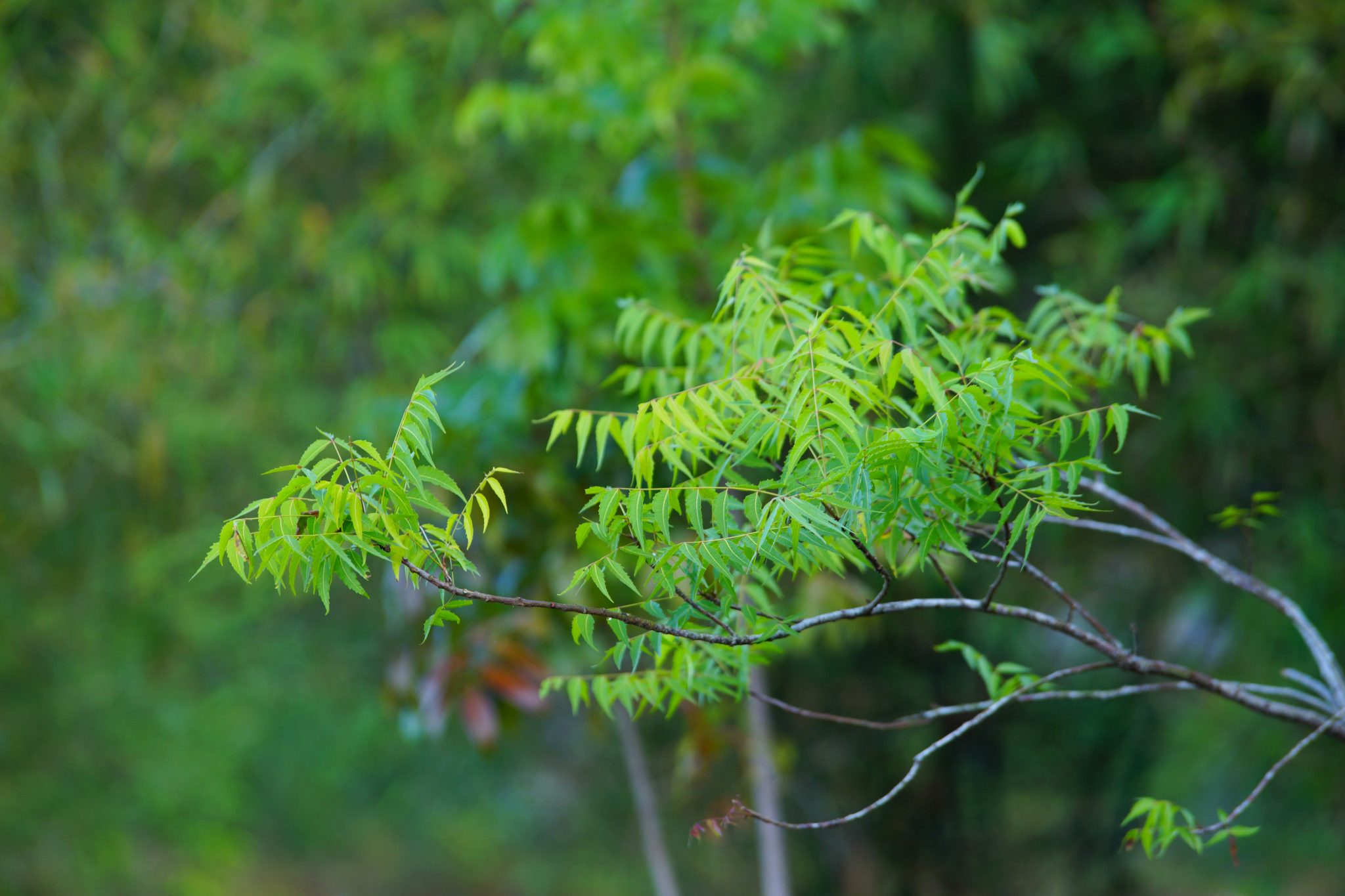Neem oil is a natural pesticide extracted from the seeds of the neem tree. It’s safe for humans and pets but deadly for pests. Here’s how you can use it to protect your plants:
Benefits:
- Eco-Friendly: Neem oil is biodegradable and non-toxic to wildlife.
- Pest Control: It effectively controls aphids, mites, scale, and other pests.
- Disease Prevention: Neem oil can prevent fungal diseases like mildew and rust.
How to Use:
- Mixing: Combine 1-2 teaspoons of neem oil with a quart of water and a few drops of dish soap.
- Application: Spray the mixture on both sides of plant leaves, early in the morning or late in the afternoon.
- Frequency: Apply every 2-3 weeks or after heavy rain.
Tips:
- Test on a small area first to ensure it doesn’t harm the plant.
- Avoid using in very hot weather as it may burn the leaves.
- Store neem oil in a cool, dark place.
Remember, consistency is key for neem oil to be effective!
What other pests can neem oil control?
What other pests can Neem oil control?
Neem oil is quite versatile and can control a wide range of pests, including:
- Whiteflies
- Caterpillars
- Thrips
- Mealybugs
- Beet Armyworms
It’s also effective against various types of beetles and nematodes. Neem oil works by disrupting the life cycle of pests, preventing them from feeding, maturing, and reproducing.
Can I use Neem Oil on edible plants?
Yes, neem oil is safe to use on edible plants. It’s a natural product that breaks down quickly and doesn’t leave harmful residues. However, it’s important to follow a few guidelines:
- Apply it in the evening to avoid direct sunlight, which can affect the plants during treatment.
- Wait for at least a week before harvesting to ensure the neem oil has been absorbed or washed away.
- Wash the produce thoroughly before consumption.
By following these practices, you can safely enjoy the benefits of neem oil on your edible garden.








